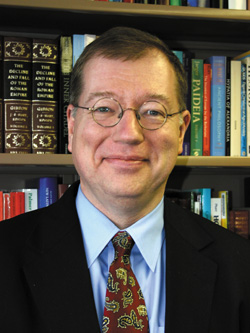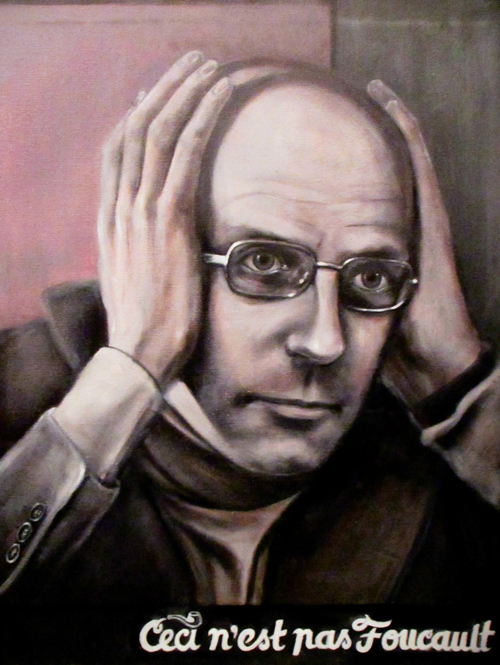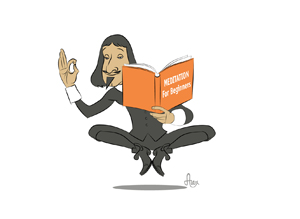That Was The Year That Was
by Joel Marks On 19 January, 1999, I sent an email to one Rick Lewis, Editor of Philosophy Now, inquiring whether the magazine might be in the market for another columnist. A friend of mine had returned from vacation with a copy in hand to show me. I instantly glommed on to it, perceiving a …




